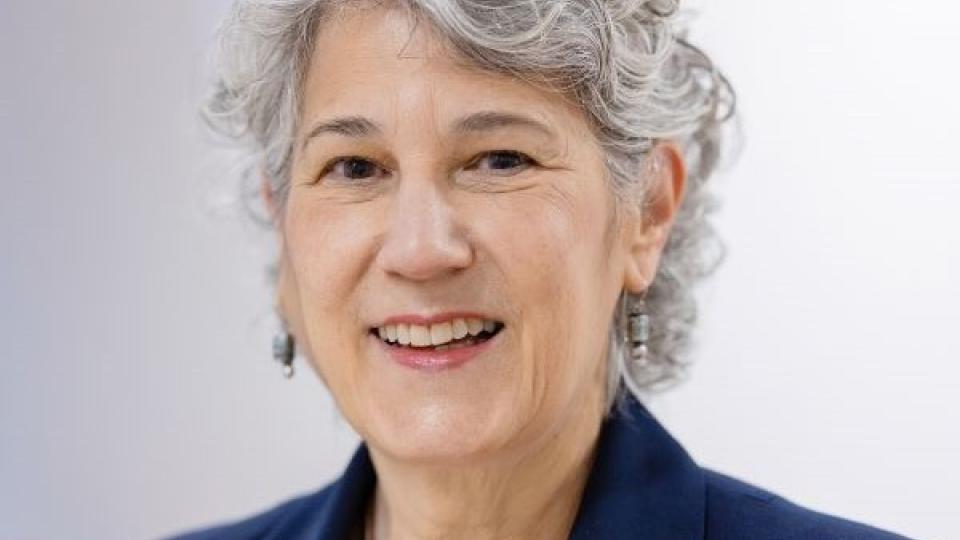ICN President emphasises need to expand global nursing workforce at UHC2030 webinar on Universal Healthcare Action Agenda

International Council of Nurses (ICN) President Dr Pamela Cipriano has called on governments to take bold steps to strengthen healthcare systems and increase resources in a bid to minimise the threats that could prevent the achievement of Universal Healthcare (UHC) by the 2030 target date. Dr Cipriano was speaking as part of the UHC 2030 Task Force on a webinar in preparation for the United Nations High Level meeting on UHC, which will be held in September 2023.
Dr Cipriano said it was clear that there is a need for greater support of the health and care workforce.
“Increased support would play a significant role in not only working toward ensuring health but also delivering care in all situations including emergencies, conflicts, natural disasters and daily management of care across the lifespan.”
Dr Cipriano and other members of the UHC 2030 Task Force have put forward recommendations that will stimulate government action towards the achievement of UHC by 2030, which is behind schedule. In many countries UHC is included in government plans, but the financial backing it requires is lacking.
Addressing the health and care workforce issue, Dr Cipriano said the global shortfall of at least six million nurses had been exacerbated by the COVID-19 pandemic.
“The pandemic has left us with a decimated workforce magnifying the shortage of workers and eroding their well-being. Additionally, the need to protect the workforce and provide supportive and safe work environments has never been more apparent as we realise the risks of personal harm and exposure to diseases.”
Dr Cipriano said urgent action is needed to expand the workforce to address shortages and the uneven distribution of nurses, which will require investment in education and employment strategies to meet population health needs.
“Health and care workers, the majority of whom are women, play a key role building the resilience of communities as well as health systems. In turn, this spurs economic growth and creates decent employment opportunities.”
She said the action area Strengthen the Health and Care Workforce to deliver Quality Health Care will require:
- The building of national workforces through greater investments.
- Guarantees that working conditions protect, safeguard and sustain the workforce, including promoting gender equity.
- The use of innovation and technology to create new models of care, especially those led by all types of health and care workers and teams, including nurses, midwives and associated health professionals to improve UHC and the quality of care.
Dr Cipriano added that another key action area, Invest More, Invest Better, will help to create the foundations for resilient communities that can prioritise and expand UHC, and respond in health emergencies. She made the point that although investing in health is inextricably linked to commitments to universal health coverage, in many countries, the allocation of public resources towards health systems has declined.
Dr Cipriano called for health and finance leaders to collaborate to implement mechanisms that will enhance public subsidies to ensure care for marginalised populations, and support the investments needed to strengthen the workforce, primary care and each country’s health system.
“We know that the issues that held us back from achieving UHC before the pandemic are still with us, so we need to break out of the cycle of underfunding and embrace investments in UHC as investments in health security and economic sustainability.”
UHC2030 is a partnership hosted by the World Health Organization (WHO) and co-lead by WHO and the World Bank.
The Task Force has set up an online consultation, open until 6 February 2023, to help it finalise the 2030 Action Agenda, which will be presented to the President of the United Nations General Assembly.
Download the communique here